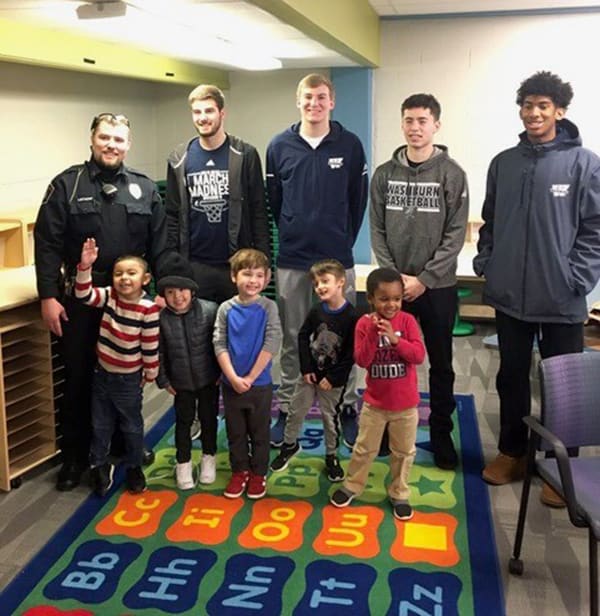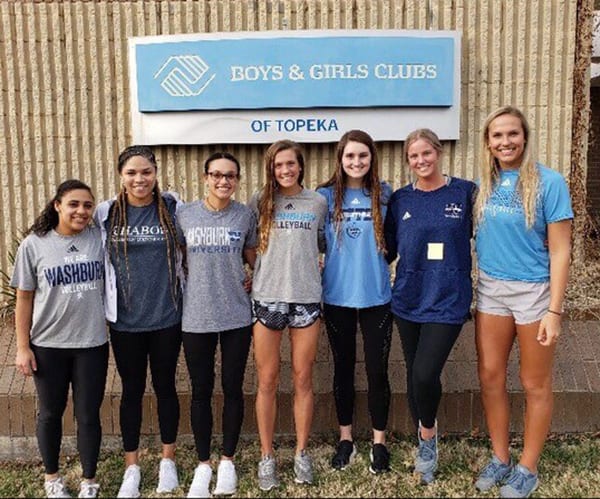This past year, COVID-19 has modified and profoundly changed the way we all proceed through life. For student-athletes, we have seen our competition seasons cut short, taken away from us or pushed back, so our organization, the Student-Athlete Advisory Committee, has decided to not sit back and let our talents go unheard. Even though we might not be featured on the court, field, or track, we are determined to make our voices heard and make a positive impact on our campus and community. Throughout the past semester, SAAC has explored and identified four areas in which we believe we can help our student-athletes grow and expand: mental health, nutrition, social justice and community service. Of these four pillars, we believe social justice intersects with the other three, especially in how marginalized and underrepresented groups within our communities experience these pillars. Often, resources related to mental health, nutrition and community services are marketed and more readily available to those in groups with more power and privilege. For years, social justice has been underprioritized and underrepresented within our communities and country. This year, in particular, it has been brought to the attention of all that effective change has to occur.
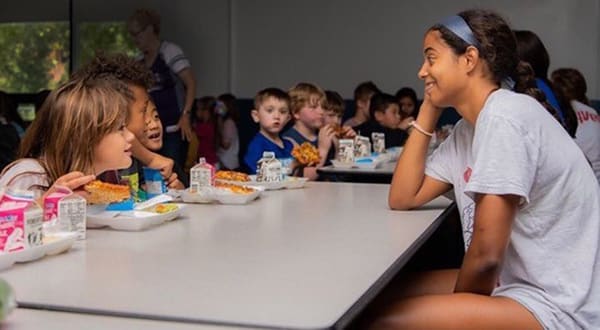
SAAC readily acknowledges what has been done in the past, and as an organization is ready to change the ways in which social justice is seen and perceived within our community. To do this, SAAC hopes to use the funds raised by our Day of Giving campaign to create a social justice series that brings in speakers (in person or virtually depending on the severity of the COVID-19 pandemic) and/or host events that highlight each of these four pillars and draw parallels between each. Our hope is that these events will spark ideas within our students’ minds that create calls to action and provide more resources and education to these underrepresented groups. As an organization, we hope to encourage all individuals within our department, our fans and our community to understand that in order to be the change, we have to be educated and willing to bravely confront uncomfortable conversations and realities. By providing this educational series, we will provide education from reliable sources found within our very own Topeka community regarding injustices found riddled throughout our history. This opportunity that we are striving to build is an experience unlike anything that we have experienced before.
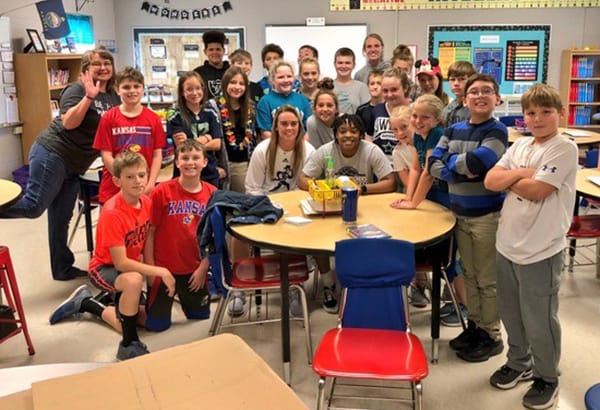
From the moment we all stepped on campus, we were surrounded with the mindset that we are lifelong learners and leaders; what better way to act on this statement than to create an educational series that can potentially shape a lifelong commitment to learning and advocacy on topics that are prevalent to rewriting our histories?
